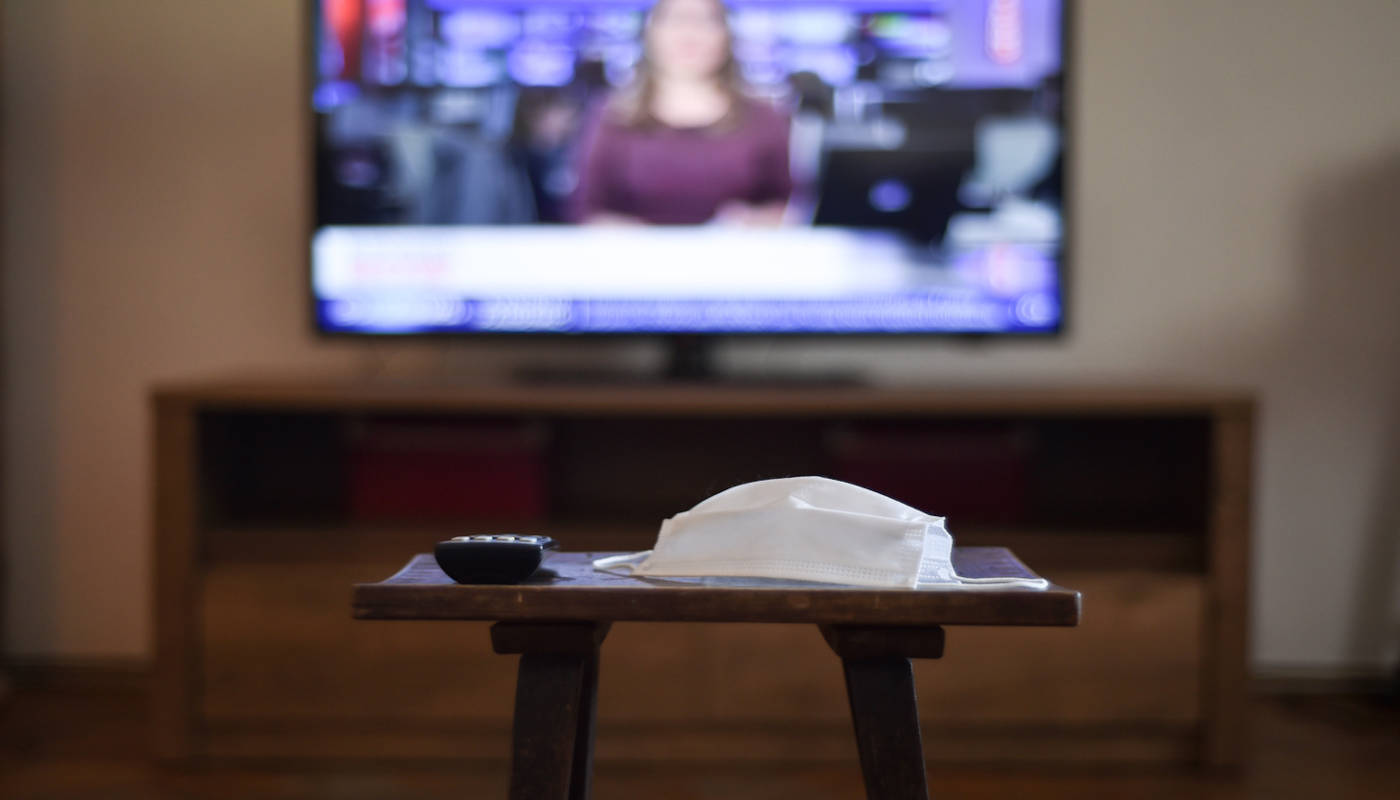
The pandemic is all over the news and on everybody's mind. This is especially true of risk managers. It is top of mind as we assess and set priorities in view of increased cyber attacks associated with virtual-office arrangements; heightened credit risks; and follow-on effects on fintech valuations and other impacted assets and industries.
For me, COVID-19 also got highly personal. My mother was 101 years old when she died in July - after contracting and surviving the coronavirus earlier in the year. She was tough as nails, so I'd always figured that I'd live a long life, too. But with this disease spreading everywhere and hitting people younger than I am, I recalibrate: “Maybe I won't live as long as my mother did. Hell, I could die a lot younger!”

There's nothing like a deadly pandemic to focus one's attention on mortality, and on how we want to live life more fully. We all know that death is inevitable, but in the months since COVID-19 made its first appearance, the likelihood of dying sooner rather than later has become a real possibility. I know it has for me, and I think like a risk manager.
So now, when I wake up in the morning, I ask myself, “With the possibility of a virus killing me this year, what do I want to do today? How to spend this time that I've been given?”
If I look back over the past 10 years, did I make the right life choices? I know we've all heard the advice before: “Live every day as if it's your last.” But for most of us risk managers, it's probably been more of an abstract, intellectual thought. The coronavirus makes that adage truly personal, and more urgent.
Plateau to Plateau
It seems to me that life is a series of plateaus. As we grow older, we move from one plateau to the next, often in unexpected ways.
For instance, when my mother was 92, she was still living by herself. I was always so impressed with her self-sufficiency. On each visit, I would take her out for a nice meal. One time, my wife came along and suggested that I open my mother's refrigerator to see what was inside. I was shocked to find that the only food there was frozen TV dinners. Suddenly I realized that my mother, who was a great cook, had stopped preparing her own meals. She had moved from one plateau - cooking nice meals for herself - to a new plateau, frozen dinners. I hired someone to take her shopping three times a week and cook her meals.
That's how plateaus change, often before we're ready. They will shift, and we find ourselves, or in this case a loved one, scrambling to adjust. Therefore, we need to be thinking more about the future, and to make plans for our next plateau - before it arrives.
Optimal Decision-making
Most people would agree that the best decisions are made when there are plenty of options. The younger we are, the more options we have, and the more time we have to explore those options and make tentative plans for the next plateau - and maybe the plateau after that, too.
Some years ago, I invested in a vacation home that had the potential to be my retirement home. I was young enough then to take on the job of supervising the construction. I've been there frequently over the years. The locals know me and greet me by name; I know all the neighbors, my kids live nearby, and my bedroom is on the ground floor, so no stairs. Moving to the plateau of retirement will be relatively easy - if and when I choose to move there.
One of the key factors to influence our thinking is something I refer to as “gating factors.” These are the obligations and considerations that anchor us on the present plateau. Gating factors might include: adult children living at home, eldercare responsibilities, financial obligations, market conditions that might make it difficult to purchase or sell an asset, and sometimes just plain old inertia (a body at rest tends to stay at rest).
When thinking about impending plateaus in your own future, it's important to understand what your particular gating factors are and to have some idea what you might do about them. Balancing your desired future with present gating factors helps you to evaluate priorities and values.
Importance of Advice
Fundamentally, concerning the future, it's important to have your financial affairs in order. When things happen, one must balance common sense with emotions. This is why we need advice from someone professional and objective.
It's challenging to find the right financial adviser - someone to watch out for your best interest. The amount of risk you want to take on is a very personal matter. Understand that, as you get older, you will have fewer financial alternatives. You also have fewer friends and family who really care about you and can be relied on.
Bottom line: We will face important life decisions in the future, and perhaps sooner than we think. So now is an opportune time to focus - before we are forced to move onto that next plateau.
David X Martin (DXM@DavidXMartin) is an adviser to business leaders and provides expert witness testimony on cybersecurity and risk management. His 40?year career includes senior positions, including chief risk officer, at PwC, Citibank and AllianceBernstein. His numerous articles, books, speaking engagements and board of director experience can be viewed through his website. His last article for GARP Risk Intelligence was Taking Pandemic Risks Down to the Personal.